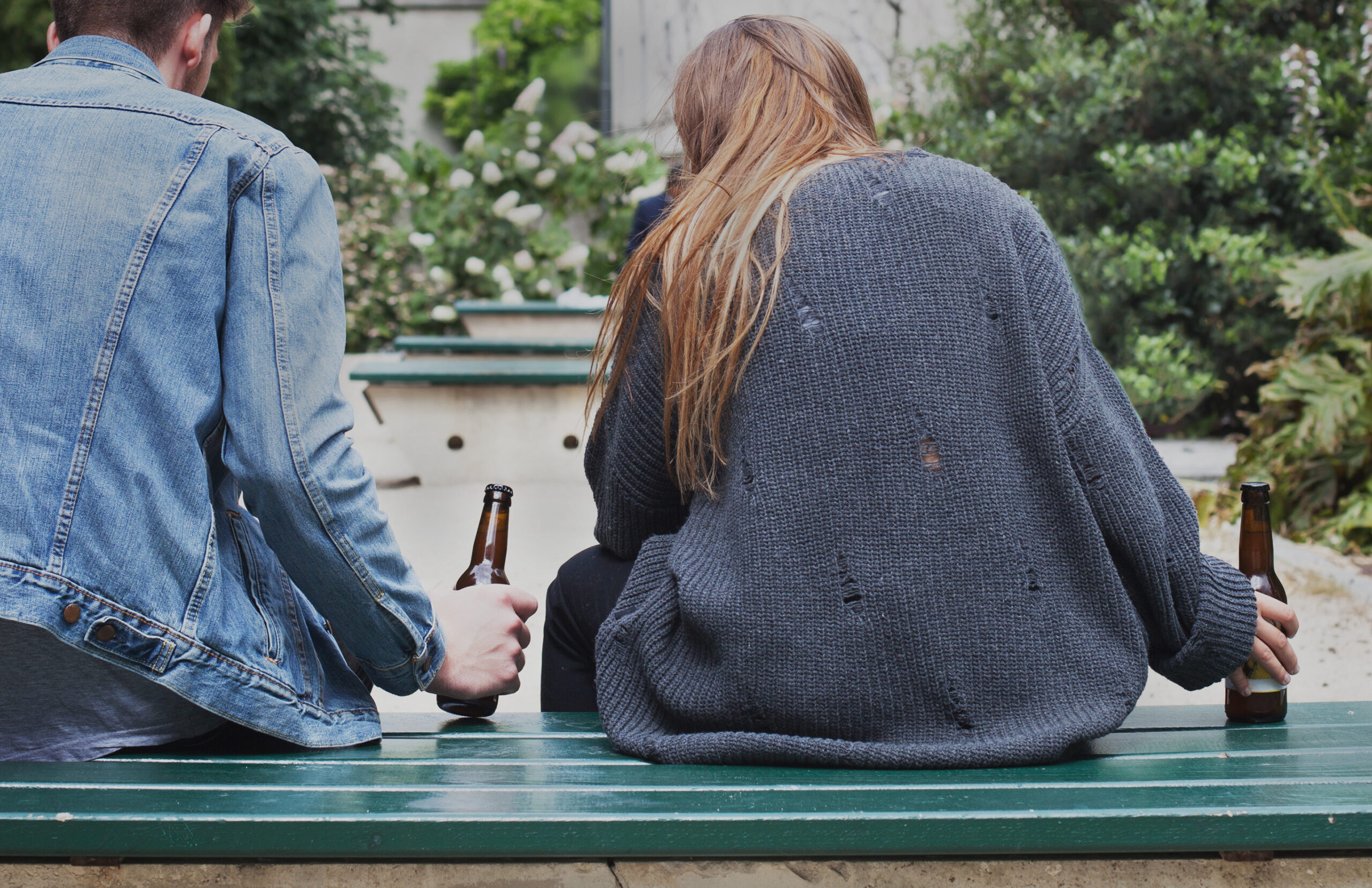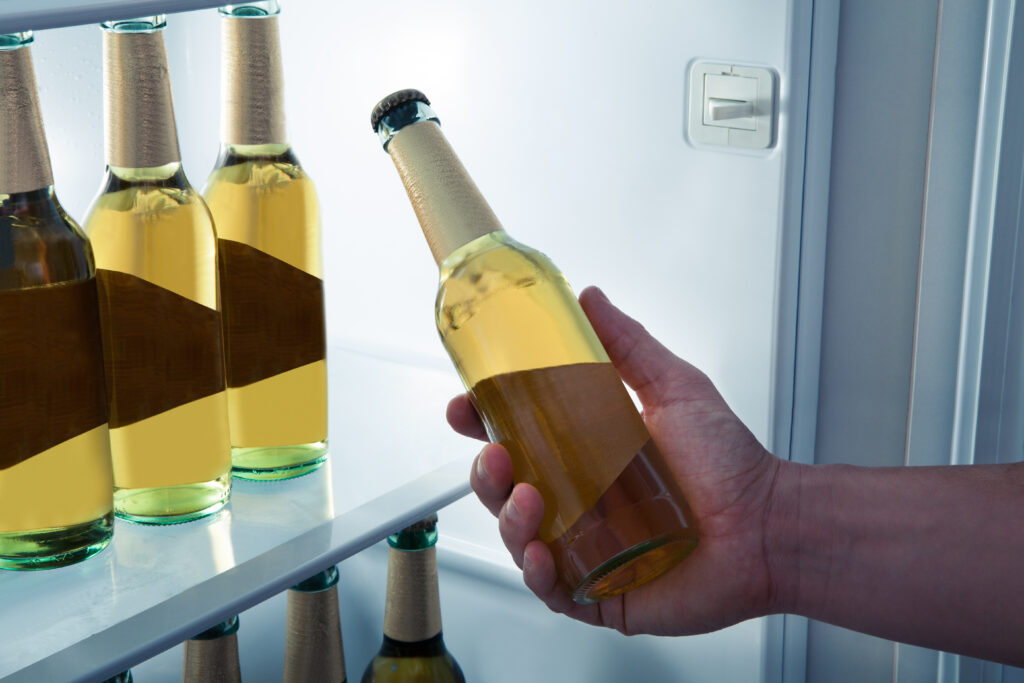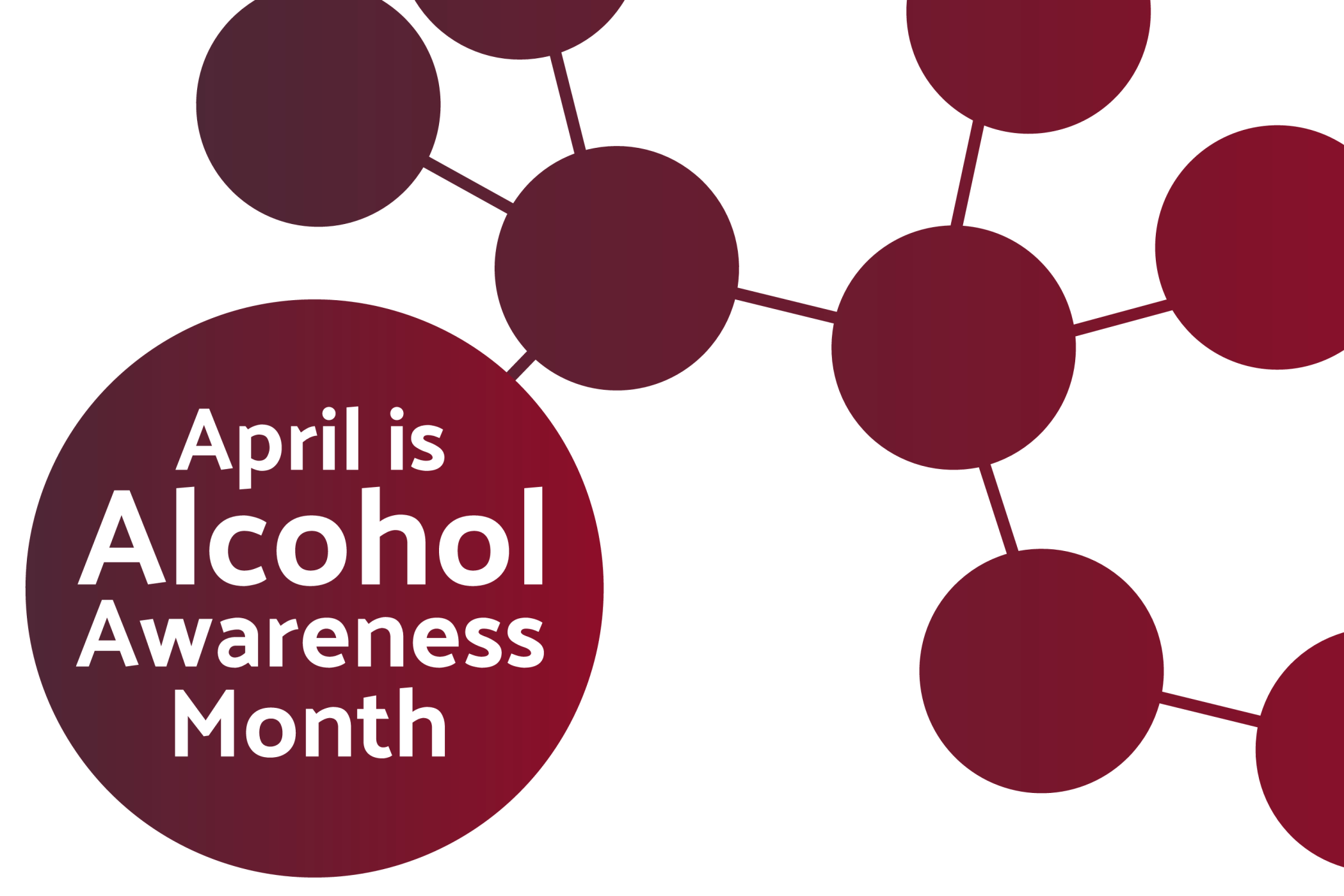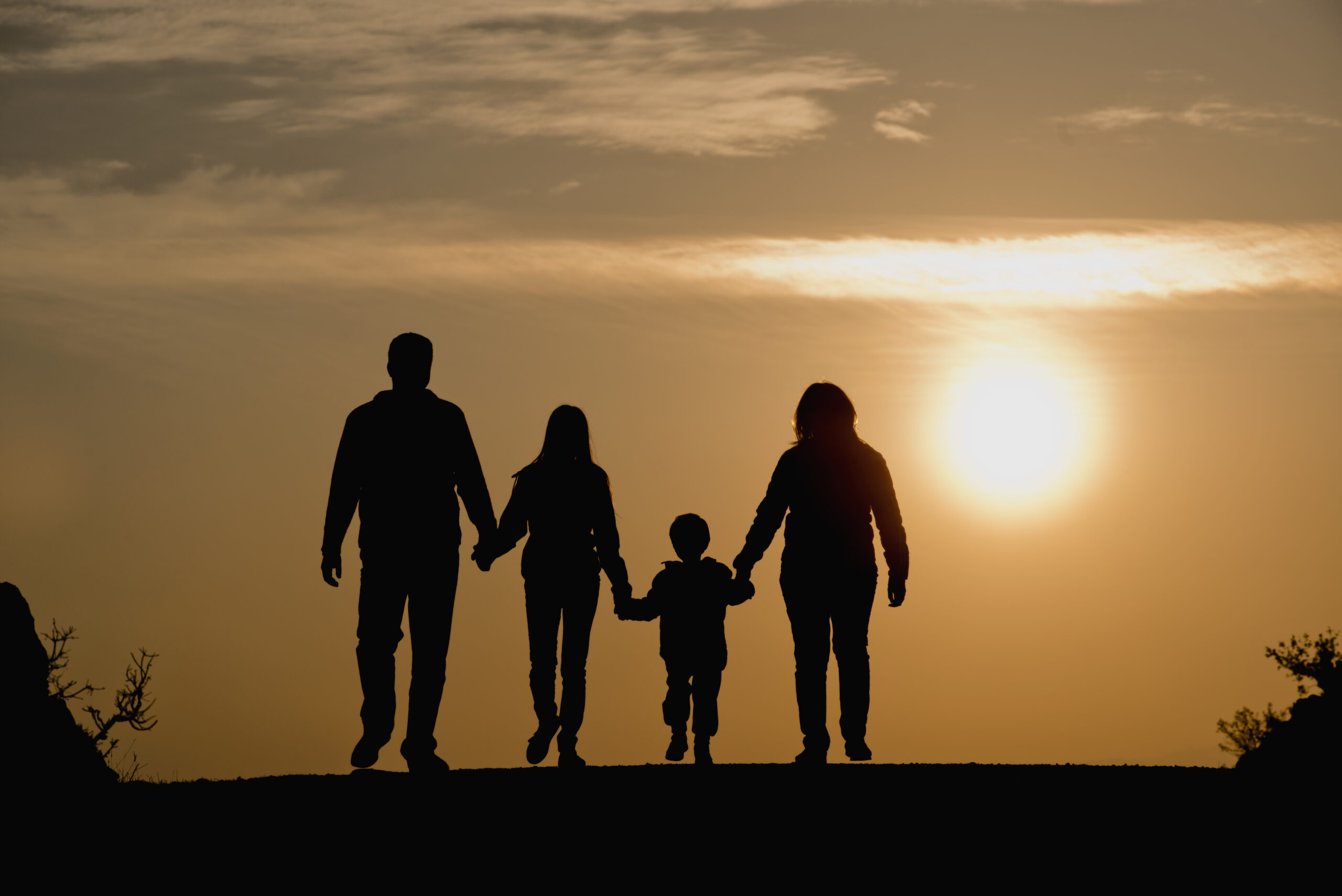Stop Teenage Drinking: 10 Steps to Keep Your Teen Safe

Parental instinct is a powerful force. So, don’t ignore yours when it’s telling you something is going on with your kid. It could be something simple like they did poorly on an algebra test, or it could be something more dangerous like they’re drinking alcohol. If you think your child is struggling, it’s up to you to figure out the problem and to help them find a solution.
Teens aren’t prepared to deal with the risks of alcohol on their own. They need your guidance to make smart decisions. Get started with these 10 steps to stop teenage drinking.
1. Talk to Your Kids, Not at Them
Remember, your teen is enjoying growing up. They have more freedom and they’re making decisions without your input. Lecturing won’t persuade them to make positive decisions. It’s more likely to make them feel defensive, and they could just stop listening.
Underage drinking is a big topic, so don’t try to tackle it in one sitting. It should be an ongoing conversation in your home. Ask your child how they feel about underage drinking. Do they have friends who drink? Do they drink? What about peer pressure?
This is not a time for judgement. It’s a time to build trust and connect with your kid. Having lots of small conversations lets your child know they can come to you if they have a problem with alcohol now or in the future.
2. Education is Key
Knowing the facts about underage drinking will help you share important information with your child to keep them safe. For example, the adolescent brain is still developing into a person’s 20s, and alcohol can cause permanent damage to growing brains.
Alcohol also affects teenage brains differently than it does adult brains. Underage drinking could make teens more likely to make risky decisions without considering the consequences.
3. Help Teens Understand the Risks
Kids may think underage drinking is no big deal, because it’s a common sight in our society. However, according to the Centers for Disease Control and Prevention (CDC), “On average, underage drinkers consume more drinks per drinking occasion than adult drinkers.” That mean kids are not enjoying the occasional beer or glass of wine like you do. They’re drinking to get drunk and that could lead to risky behavior.
The risks of underage drinking can range from getting kicked off a sports team at school for violating alcohol policies, to getting involved with more dangerous drugs, unwanted sexual experiences, and even death. Underage drinking also can lead to more problems down the road. Teens who begin drinking before age 15 have a 40 percent chance of becoming an alcoholic as an adult.
4. Get Involved
Make sure you know who your kids are hanging out with and how they’re spending their free time. If they’re going to parties, are adults at home while the kids are hanging out? Make a point of getting to know other parents at sports and other school events. They probably have the same concerns about underage drinking as you do.
Make sure your child is involved in activities outside of school to stop teenage drinking. Do they have a part-time job, or participate in a club or sport? Bored teens are more likely to experiment with alcohol.
5. Be a Positive Influence
Kids usually learn about alcohol from their parents at home. After all, they see you have a drink after work or on the weekend, which is absolutely fine. Make sure your alcohol use is a responsible influence on your child’s attitude about alcohol. Don’t drink and drive, don’t drink excessively in front of your children, and don’t use alcohol as an escape.
6. Eliminate Temptation

Would you notice if a few beers disappeared out of the refrigerator in your garage? What if a bottle of vodka went missing from your liquor cabinet? Teens can be impulsive and often act on a whim. Eliminate temptation by locking liquor cabinets or keeping track of the alcohol in your home.
7. Be Aware of the Warning Signs
Teens who develop the “flu” after a night out with friends may be trying to hide the symptoms of a hangover. Beyond the immediate effects of underage drinking, there are other signs you should look out for to determine whether your child has a drinking problem.
Falling grades, cutting ties with old friends, or losing interest in a favorite sport could all be warning signs your teen is struggling with alcohol. Talk to your teen and find out what’s going on in their life. If your family needs additional support, connect with professional resources to get your child the help they need.
8. Establish Clear Rules
What are the rules about alcohol and underage drinking in your home? It’s illegal for teens to drink or buy alcohol before they turn 21. For teens who have their driver’s license, it’s also illegal to consume any amount of alcohol and then get behind the wheel of a car.
Your teen should be very clear about the rules regarding alcohol and underage drinking in your home and the consequences they’ll suffer if they break those rules.
9. Create an Escape Plan
Teens want to make the right choices, but sometimes they need a little help to get out of a bad situation without losing face with their friends. Help them by creating a plan your child can use to signal they need your help.
It can be a simple text to you that looks normal to their friends but has important meaning for you. The text is a signal for you to call and say your child needs to come home now, and you’re on your way to pick them up. There are many variations of this plan. Create something that works for your family.
10. Take the Pledge
Take the Pledge as a family to stop teenage drinking. The pledge program is a great way for parents and teens to connect in a positive way about a very difficult topic. Parents pledge to set a good example regarding their use of alcohol and teens promise to ask for help if they find themselves in an uncomfortable situation with underage drinking. And everyone promises to keep the lines of communication open.
Your child may not be thinking about drinking with their friends right now, but all parents know kids change quickly. When alcohol does become an issue for them, and it likely will, make sure they have the tools to make the right decisions.



